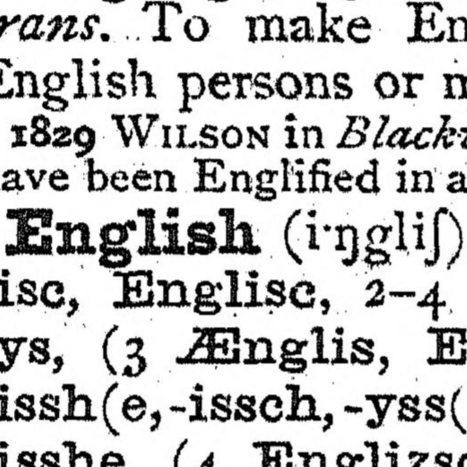As a non-native speaker I encounter this phrase from time to time (in podcasts and such) and I’d like to understand the use (beside the literal meaning which is obvious).
Why would you say that? or sometimes Why do you say that?
To me, that sounds almost rude, like rebuking the questioner. However, the context usually leads me to conclude that this sentence is to be understood neutrally, in the sense of “I am interested in the background of the question”.
How should the sentence usually be used? Or does it depend solely on the tone the phrase is used?


Your conclusion is mostly correct though the actual meaning depends a lot on context and tone. It can also depend on the version of the phrase, like : “What makes you say that?” Is usually asking for background, and is really more like “How did you come to that conclusion?”. Where the more straightforward “Why would you say that?” Is more often an expression of shock at someone saying something in specific, such as a mother chastising her child for using bad language: “Joshua Smith! Why would you say that? Apologize to that man this instant!”.
Additionally, there are variations in tone of those and similar uses.
“Why would you say that?” = “What makes you say that?” = Please explain your reasoning.
Similarly, the above but in a sing-song or over-enunciated tone = “Now why would you say a thing like that?” = A coy or sardonic variation of the above, where the request for reasoning is rhetorical and unneeded because it is obvious.
“Why would you say that?” = I fundamentally disapprove of the content of your statement
Similar to but distinct from the above, “Why would you say that?” = While I don’t necessarily disagree with the content of your statement, I disapprove of speaking it aloud.